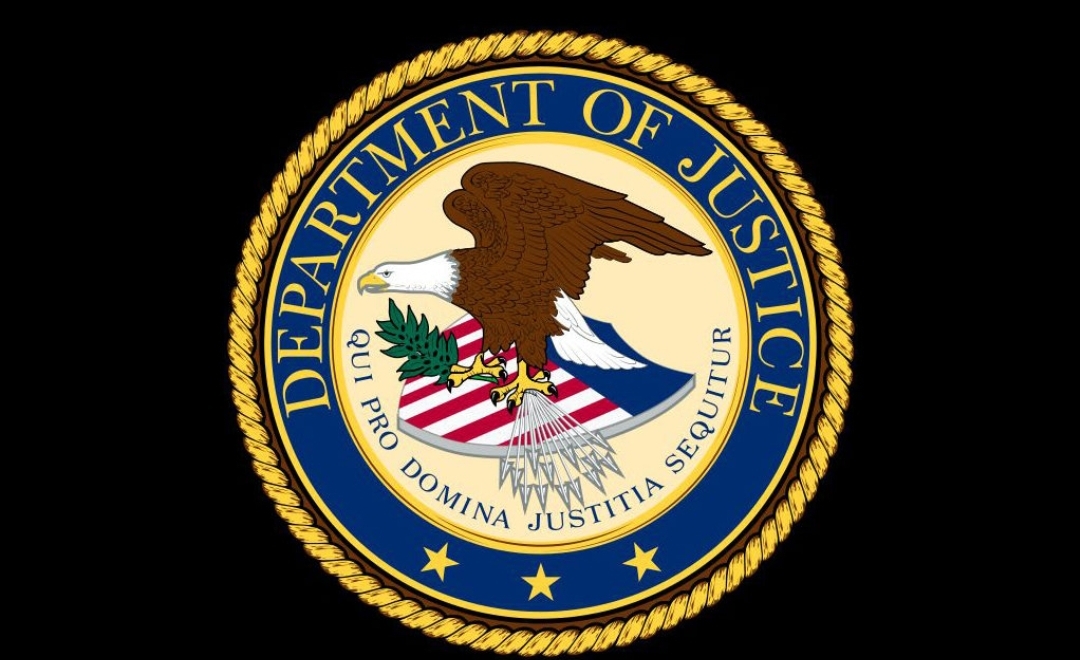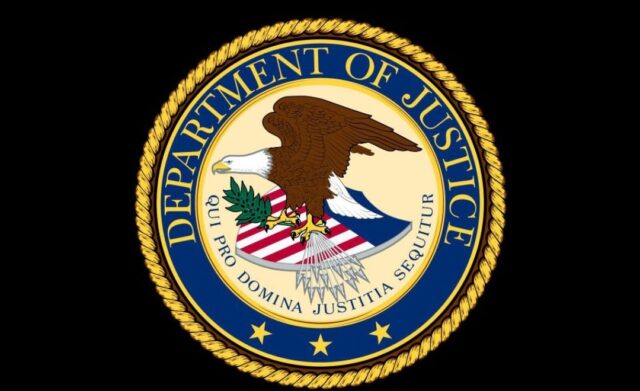
A Nigerian national who was indicted in April 2021 in connection with a large fraud scheme pleaded guilty to receipt of stolen money.
According to court documents and statements made during the plea hearing, Augustine Amechi, 24, a citizen of Nigeria residing in Huntington, was involved from at least 2018 to March 11, 2021, with others in a fraud scheme that took place in Huntington, West Virginia and elsewhere. Amechi lived in Huntington and attended Marshall University during his involvement in the fraud scheme. Amechi admitted that romance fraud victims were convinced to send money for a variety of false and fraudulent reasons to bank accounts controlled by him in Cabell County.
The money received by Amechi was sent through bank wire transfers, Western Union, Moneygram, money orders and cashier’s checks.
Amechi admitted to receiving approximately $108,601.92 directly deposited into his bank accounts from victims, over $150,000 in cash mailed in packages to his Huntington residence and over $140,000 in deposits from Zelle.
Amechi further admitted that he obtained stolen money from at least 37 different fraud victims, and after he received the money, he would keep some of it for himself and forward some of the stolen money to others. Amechi transferred more than $15,000 to bank accounts in Nigeria.
Amechi faces up to 10 years in prison when he is sentenced on March 7, 2021. As part of his plea agreement, Amechi agreed to pay at least $192,762.19 in restitution.
United States Attorney William S. Thompson made the announcement and commended the investigative work of the United States Secret Service, the United States Postal Inspection Service, the Federal Deposit Insurance Corporation-Office of Inspector General (FDIC-OIG), the West Virginia State Police and the South Charleston Police Department.
United States District Judge Robert C. Chambers presided over the hearing. Assistant United States Attorneys R. Gregory McVey and Kathleen Robeson are handling the prosecution.
The public is encouraged to report potential online fraud activity or scams at https://www.ic3.gov/.
If you or someone you know is age 60 or older and has been a victim of financial fraud, help is standing by at the National Elder Fraud Hotline: 1-833-FRAUD-11 (1-833-372-8311). This U.S. Department of Justice hotline, managed by the Office for Victims of Crime, is staffed by experienced professionals who provide personalized support to callers by assessing the needs of the victim, and identifying relevant next steps.
Case managers will identify appropriate reporting agencies, provide information to callers to assist them in reporting, connect callers directly with appropriate agencies, and provide resources and referrals, on a case-by-case basis. Reporting is the first step.
Reporting can help authorities identify those who commit fraud and reporting certain financial losses due to fraud as soon as possible can increase the likelihood of recovering losses.
The hotline is staffed 10am-6pm Eastern Time, Monday-Friday. English, Spanish, and other languages are available.
A copy of this press release is located on the website of the U.S. Attorney’s Office for the Southern District of West Virginia. Related court documents and information can be found on PACER by searching for Case No. 3:21-cr-0069







